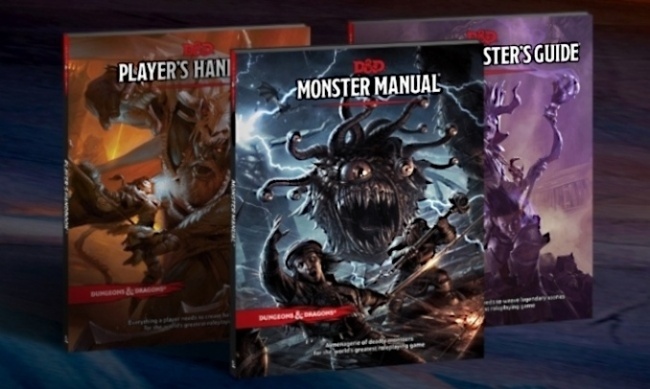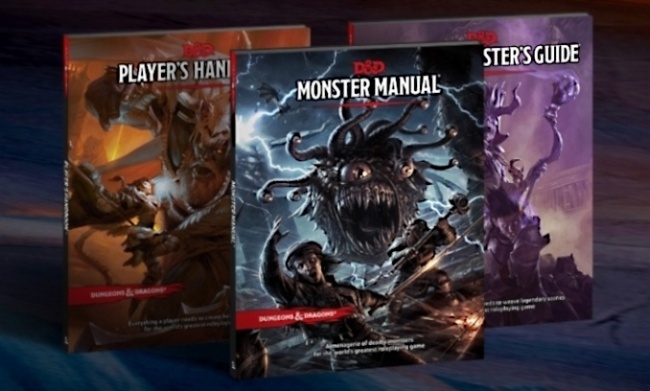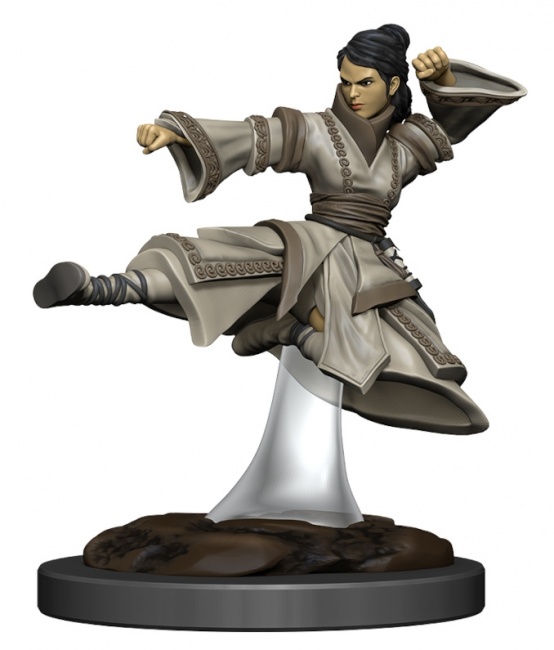Rolling for Initiative is a weekly column by Scott Thorne, PhD, owner of Castle Perilous Games & Books in Carbondale, Illinois and instructor in marketing at Southeast Missouri State University. This week, Thorne shares the states where Dungeons & Dragons is most popular, and which classes raise the most questions.
Either it was a really slow day at Zippia, a career website matching people with jobs, or the amount of Dungeons & Dragons played in a region has become a factor potential employees consider when deciding where to relocate, but staff members at the website did a study to find out which states play the most and least D&D, as well as the most popular character classes. According to the methodology described in the website, the authors based their rankings on the number of searches for D&D by state on Google in the past year as well as the number of searches for various classes.
I figure the number of players is per capita, so it makes sense that Utah is ranked number one for D&D play, given the state’s comparatively light population. It also makes sense that New York is ranked last, again given the state’s high population. Washington coming in at #7 was not particularly surprising, given that Wizards of the Coast has its home offices in Seattle. It did rather surprise me to find California way down the list at #46, given the size of the entertainment industry there and the number of people in the entertainment industry that play the game. However, I guess even those number get dwarfed by the sheer size of California’s population, largest in the country at 39.6 million. Given those numbers, I guess it should not come as much surprise that the comparatively lightly populated states of the upper Northeast, Upper Midwest, and Pacific Northwest all rank comparatively highly in terms of the number of D&D players, while the comparatively more heavily populated Southern states rank lower.
As far as the most popular character class, that would be the monk. The staff here believes that it is due, not to its popularity, but rather because of the difficulty playing the class and ergo the number of questions player have about it, requiring a search on Google. Tied for the second most popular character class are the ranger and druid, which, like the monk, raise a lot of questions. Given that the artificer and barbarian appear on the list as many times as the fighter and cleric, while the bard also only appears once, as the most popular character class in New York, makes me agree with them that the classes showing up the most are those with the most questions about how to play them.
Regardless, the site does make a good point about the mainstreaming of D&D, and how it helps build skills useful in today’s environment such as problem solving, creativity, decision making, collaboration and computation. As I have noted before, these are skills useful for both kids and adults (see "Rolling for Initiative—Four Reasons Why You (And Your Kids) Should Play ‘D&D’ or Other RPGs…"). Games like D&D have proven so successful at helping develop skills useful in the business world that companies such as Google and Nintendo hire DMs like Devon Chulick to run sessions for staff members. D&D has come far from its Lake Geneva roots, but after all these years, players still like to argue over which edition and which character class is the best (Cleric, of course!).
Which character class do you prefer and why? Let me know at castleperilousgames@gmail.com.
The opinions expressed in this column are solely those of the writer, and do not necessarily reflect the views of the editorial staff of ICv2.com.

Column by Scott Thorne
Posted by Scott Thorne on September 27, 2021 @ 2:15 am CT





